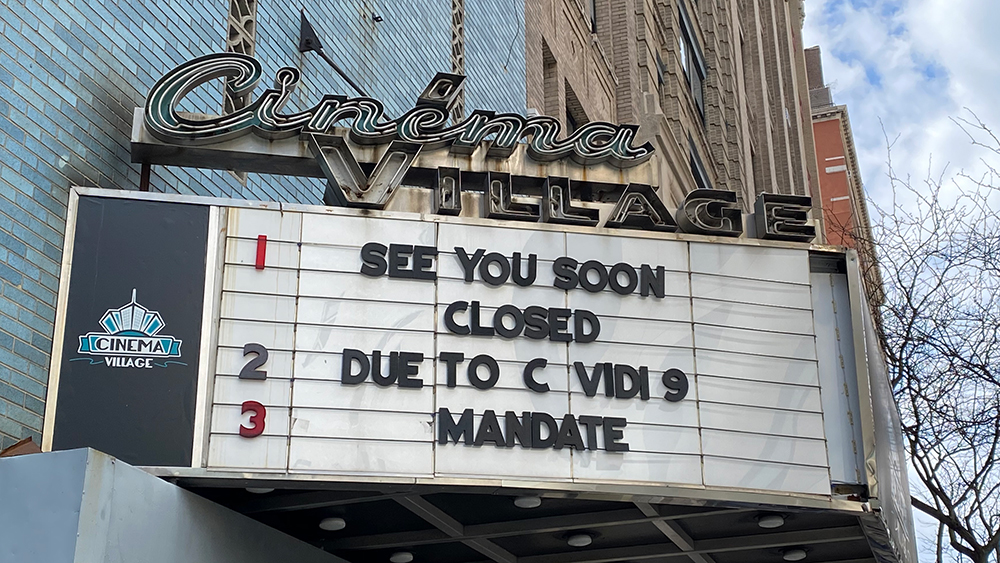COVID-19 has had a massive impact on filmmaking and releases, leading to very few major movies hitting the screen this year.

We don’t go to the movies as much as we used to. This is a fact even in a healthy modern world. With the availability of such a wealth of cinema and television available on our smaller screens, we relish being able to enjoy new releases as well as old favourites from the comfort of home. However, due to the ongoing COVID-19 pandemic, even those of us who still love a trip to the cinema have been resigned to home viewing.
This is, of course, for the best, and although we may miss the excitement of the big screen, the reclining seats, the event of a movie that theatres create, we are lucky to be able to still enjoy films from home. As well as movie theatres being shut, though, many production houses have also ceased work or at least slowed their output, resulting in less films being made and less films being released. Where last year saw many major hit films released such as Once Upon A Time In Hollywood, Parasite, Midsummer and others, 2020 has seen fairly few major films or films from renowned directors.
There have been exceptions. Call of the Wild, starring Harrison Ford, was released in February. The Trip To Greece and Spike Lee’s Da 5 Bloods were released in June and Emma, starring major young talent Anya Taylor-Joy, also hit screens this year. But there was noticeably less talk and less advertising for these and other films. The world has simply been too preoccupied to keep up to date with whatever’s been coming out of Hollywood.

Many films are now being released directly to Netflix or other streaming services. The most notable of these is probably Martin Scorsese’s The Irishman, which went straight to Netflix after a very limited theatrical run. This truly exemplifies a new age of cinema. It is easy to understand why many film buffs prefer home cinema. It’s much cheaper, for a start, and far more convenient. For filmmakers and production houses it can also increase viewership and distribution.
It’s not as though the cinema will die. Since the first ever cinema was opened in 1895 by the Lumiere Brothers in Paris, they have become places of worship for film lovers, filmmakers and the general public just looking to kill time. What we’re seeing in 2020; limited releases, limited showtimes, the complete overtake of streaming, presents a strange and disturbing view of the future. Let’s hope that by the time the newest James Bond film, No Time To Die, is released this November, we may be able to experience it as we once would have.
Subscribe to FIB’s Weekly Alchemy Report for your weekly dose of music, fashion and pop culture news!






